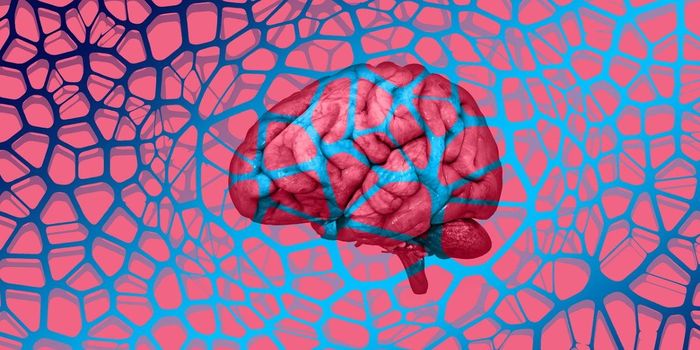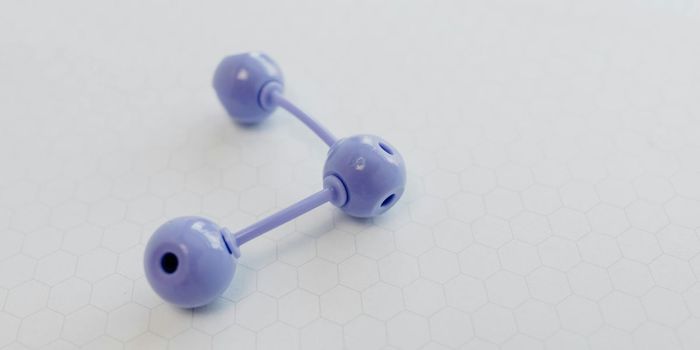A Probiotic Microbe Could Protect Against ALS
The microbes in our guts are closely connected to our brains, in a link known as the gut-brain axis. Scientists have now found that a bacterium called HA-114 Lacticaseibacillus rhamnosus could help prevent amyotrophic lateral sclerosis (ALS). In a roundworm model of ALS, neurodegeneration was prevented by the microbe. The findings have been reported in Communications Biology.
In ALS, the nerve cells that control movement, called motor neurons, gradually die off, causing a loss of movement and function. While the cause of ALS is still under investigation, this study has suggested that lipid metabolism disruptions are contributing to neurodegeneration, and HA-114 can provide protection against that deleterious influence.
Other research has also indicated that dysfunction in the gut microbiome may be involved in the development of ALS and other neurodegenerative disorders, noted lead study author Alex Parker, a Université de Montréal neuroscience professor.
When the researchers added the HA-114 microbe to the diet of the roundworm ALS model, motor neuron degeneration was suppressed, noted Parker. "The particularity of HA-114 resides in its fatty acid content."
Roundworms called Caenorhabditis elegans have about 60 percent of their genome in common with humans and serve as common animal models. They carry some genes that have been linked to ALS.
Thirteen bacterial strains and three combinations of strains were tested on the worms. HA-114 had a significant impact, and reduced the motor disruption that occurs in models of both ALS and Huntington's disease.
Additional work indicated that two genes, called acdh-1 and acs-20, are involved in the neuroprotection provided by the bacteria. These genes are involved in the metabolism of fats, or lipids, and the breakdown of fatty acids for energy, a process called beta oxidation, which occurs in mitochondria.
Parker suggested that HA-114 is supplying fatty acids that enter mitochondria through a non-traditional pathway, which restores a balance in energy metabolism that becomes disrupted in ALS, and that decreases neurodegeneration.
The researchers are working on validating these findings in a mouse model of ALS, and are now planning to start a small clinical trial with ALS patients.
Sources: University of Montreal Hospital Research Centre, Communications Biology









